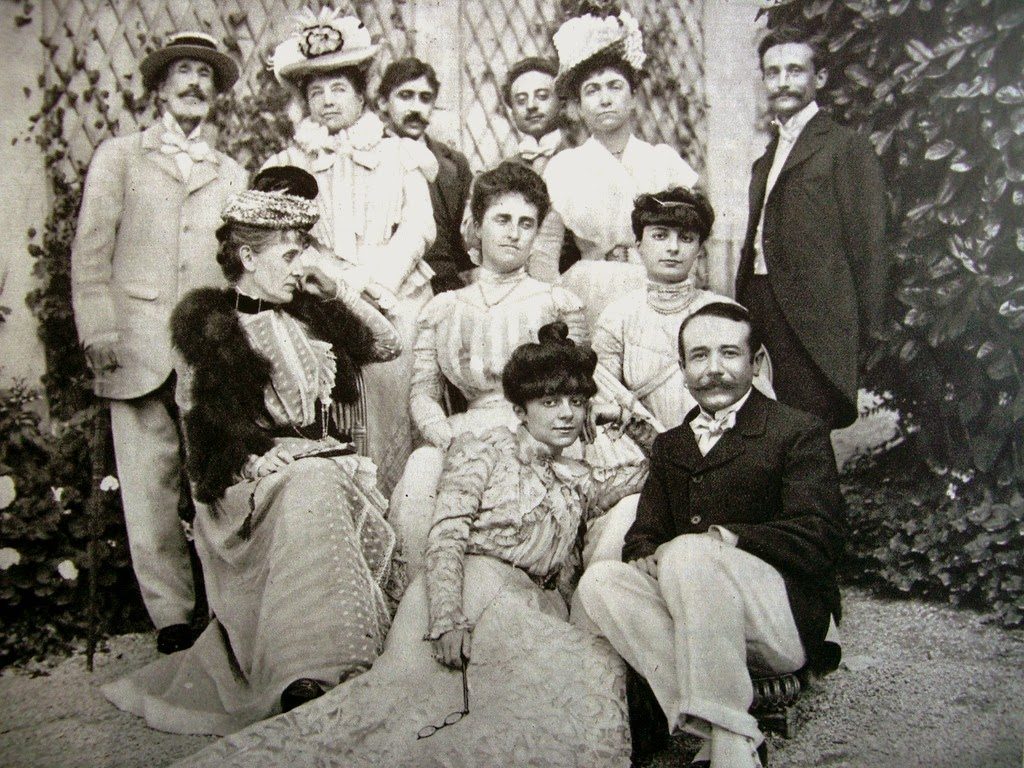Of Greco-Romanian origins, Anna de Noailles was born in Paris, where she lived from 1876 until her death in 1933. Starting with her first collection, Le Coeur innombrable (1901), which was crowned by the Académie Française, Noailles composed nine volumes of poetry, three novels (among which the delightful Le Visage émerveillé, 1904), a book combining novellas with a series of meditations on gender relations (Les Innocentes, ou La Sagesse des femmes, 1923), a collection of prose poems (Exactitudes, 1930), and an autobiography spanning her childhood and adolescence (Le Livre de ma vie, 1932).
 She was the only female poet of her times in France to receive the highest public recognition. Despite a dramatic decline in Noailles’ readership after her death, later critical judgments often confirm that she deserved such recognition. A discrepancy between form and content, reflecting Noailles’ situation at the cusp of the antithetical world views of nineteenth-century Romanticism and twentieth-century Modernism, characterizes her poetry, where dynamic concepts and images strive to dissolve a largely classical structure.
She was the only female poet of her times in France to receive the highest public recognition. Despite a dramatic decline in Noailles’ readership after her death, later critical judgments often confirm that she deserved such recognition. A discrepancy between form and content, reflecting Noailles’ situation at the cusp of the antithetical world views of nineteenth-century Romanticism and twentieth-century Modernism, characterizes her poetry, where dynamic concepts and images strive to dissolve a largely classical structure.
By actively engaging with her French literary heritage while finding a source of inspiration in Greek paganism and in Nietzsche’s radical thought, Noailles constructed an original poetic world view. Her work is best described as Dionysian–ecstatic, sensual, erotic, playful, sometimes violent, and always marked by a tragic undercurrent which becomes more apparent in her later poetry.